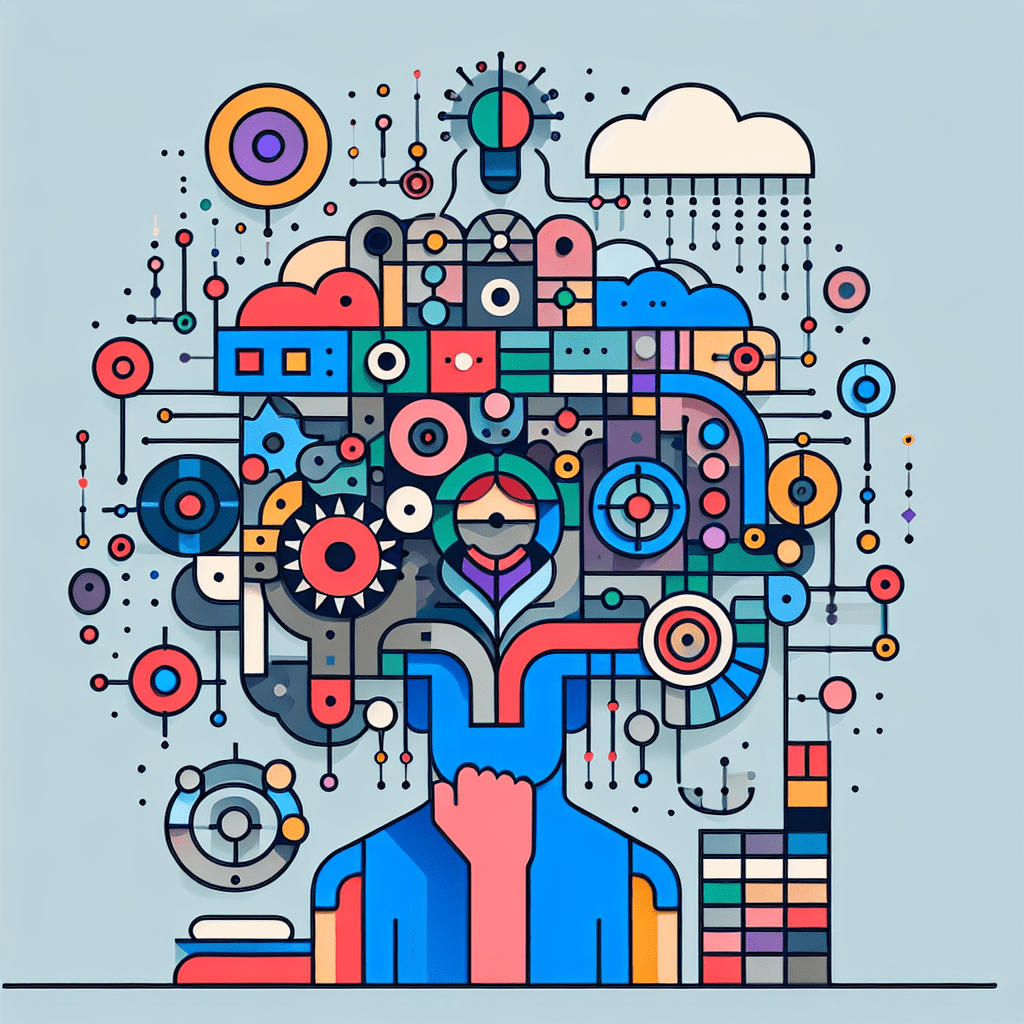Large Language Models (LLMs) exhibit significant weaknesses in information reliability. Absent meticulous human-designed scripts and rigorous quality assurance processes, these systems frequently produce erroneous outputs (aka “hallucinations”).
The challenges extend beyond mere factual inaccuracies. LLMs face substantial hurdles in maintaining current information. Updating these models necessitates a complex recalibration of weighted parameters, often requiring the removal or modification of existing data. In many cases, a complete retraining using fresh datasets becomes necessary. This process incurs substantial computational and financial costs.
IBM Research has conducted a comprehensive analysis of these limitations, along with potential advantages. Their findings highlight the rationale behind implementing Retrieval-Augmented Generation (RAG) systems in scenarios demanding trustworthy answers and verifiable sources.
RAG technology effectively grounds LLMs by integrating traditional search engine functionalities. While the LLM continues to generate conversational elements and provide linguistic flexibility, the core information retrieval process circumvents its inherent limitations.
This approach represents a technological evolution beyond both pure LLM implementations and static script-based chatbots. It achieves a balance between factual accuracy and conversational adaptability, addressing key shortcomings in current AI language systems.


Comments by Luis G de la Fuente